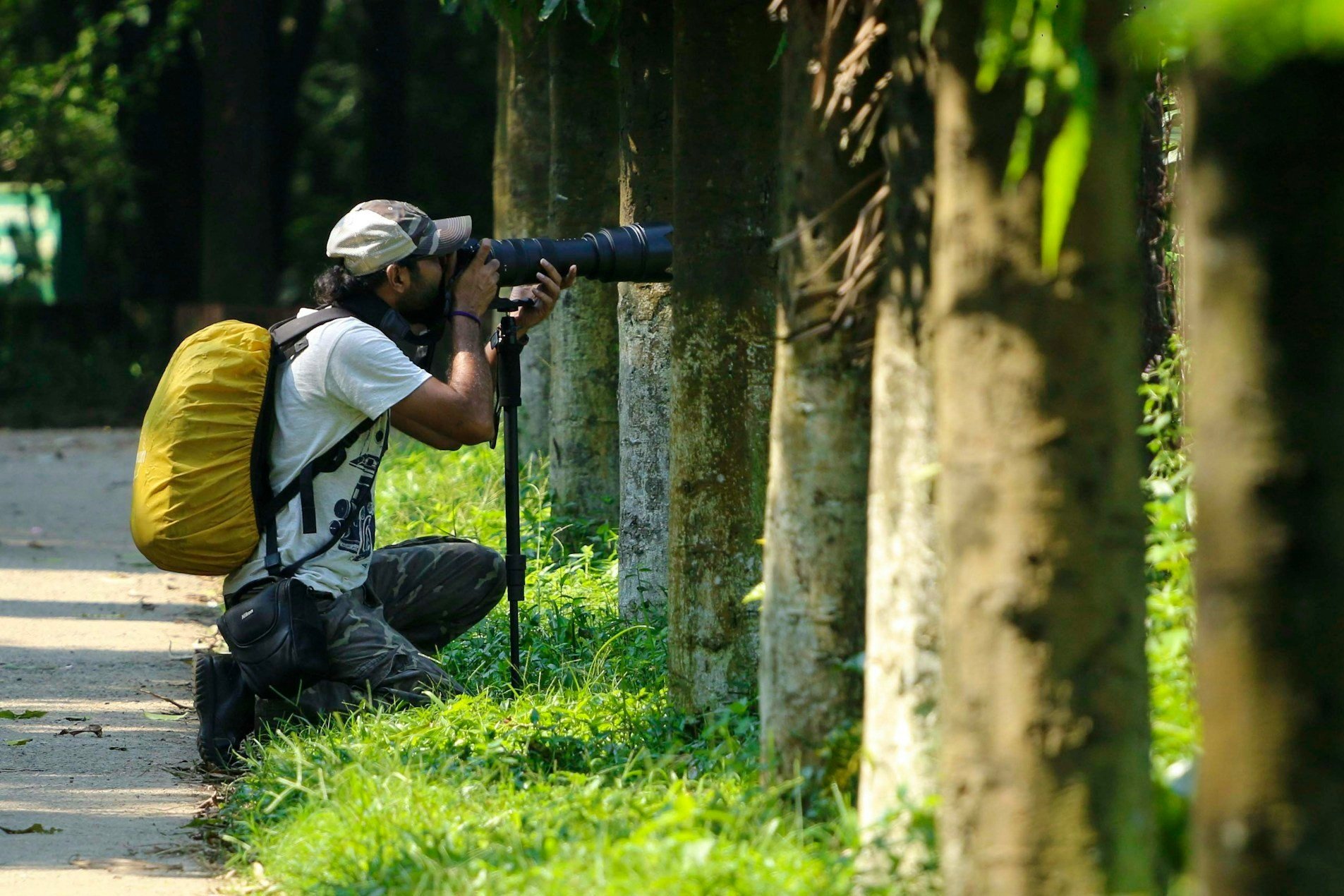The International Ranger Federation (IRF): Guardians of Our Natural Heritage
The International Ranger Federation (IRF) stands as a global beacon for those who dedicate their lives to safeguarding our planet’s natural treasures. Founded on July 31, 1992, in the picturesque Peak District National Park in the UK, the IRF unites rangers from diverse backgrounds—forest guards, wildlife wardens, and Indigenous community members—under a common purpose: protecting the wild.
www.internationalrangers.org
Origins and Goals
The IRF emerged from an agreement signed by three key organizations: the Countryside Management Association (CMA), representing rangers in England and Wales; the Scottish Countryside Rangers Association (SCRA); and the U.S. Association of National Park Rangers (ANPR). Their shared vision included:
Global Forum for Success: The IRF provides a platform for rangers worldwide to share successes, best practices, and innovations in safeguarding natural, historic, and cultural heritage.
Exchange of Knowledge: By bridging countries with varying levels of support for protected area management, the IRF facilitates the exchange of information and technology critical to conservation efforts.
Evolution and Incorporation
Initially operating as an informal nonprofit organization since 1972, the IRF took a significant step in July 2023. It successfully incorporated in the United States as a nonprofit entity (California Corporation #575182), recognized as a tax-exempt U.S. Internal Revenue Service (IRS) 501©(3) organization (Tax ID: 93-1900925).
Fire-fighting-in-Tasmania (C) Shelley-Graham
IRF Objectives
The IRF’s mission centers on advancing the Ranger profession and its pivotal role in conserving natural and cultural resources. Key objectives include:
Professional Standards: Elevating ranger standards globally through training, communication forums, and knowledge sharing.
Global Network: Creating a robust network of rangers across continents, fostering collaboration and mutual support.
Best Practices: Disseminating examples of “best practice” and lessons learned to benefit all rangers.
Association Expansion: Encouraging the establishment of ranger associations in countries not yet affiliated with the IRF, strengthening the global ranger community.
Collaborative Partnerships: Partnering with relevant organizations to advance ranger aims.
Global Communication: Facilitating communication among ranger organizations and conservation bodies.
Professional Exchanges: Promoting exchanges and twinning agreements between member associations.
International Meetings: Organizing international gatherings to discuss, promote, and support ranger work.
Mutual Support: Undertaking joint activities to bolster ranger operations worldwide.
Community Awareness: Raising awareness about the vital role of rangers in conserving natural and cultural heritage.
IRF Board and Team
The IRF’s governance includes an elected Board of Directors, comprising 11 members. Key roles include the President, Vice President, Secretary, Treasurer, and seven Regional Representatives. Additionally:
The Company Secretary, appointed by the Board, resides in Australia (the country of company registration).
A General Manager and Executive Officer ensure smooth day-to-day operations.
The Federation Development Officer undertakes directed work to advance IRF goals.
Conclusion
As we celebrate the IRF’s legacy, let us recognize the unwavering commitment of rangers worldwide. They stand as guardians of our planet’s irreplaceable natural heritage, ensuring that future generations inherit a world teeming with life and wonder.
Feel free to customize this article further or add any specific details you’d like. If you need additional content or have any other requests, feel free to ask!
For more blog articles related to wildlife, nature, photography, and traveling, you can visit my blog: Damith Danthanarayana's Blog.
Search the blog:














